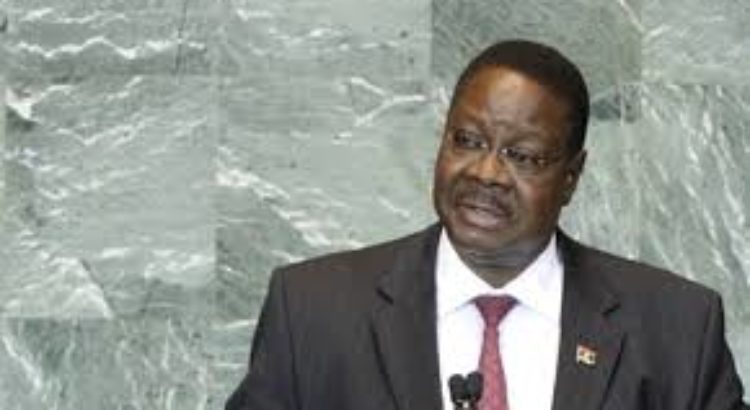Africa/Malawi/universityworldnews.com
Resumen:El presidente de Malawi, el profesor Peter Mutharika, instó a los estudiantes a aprovechar el sistema ampliado de préstamos estudiantiles del gobierno, pero no a esperar educación gratuita. Hablando en la ceremonia de graduación número 19 de la Universidad estatal de Mzuzu recientemente, Mutharika dijo: «Muchos de ustedes están destinados a tener éxito en esta vida. Pero el éxito no es gratis. Siempre se debe luchar por el éxito … La educación universitaria es uno de los mejores tesoros que puede obtener. ¡Úselo bien! «. Mutharika dijo que nadie debería dejar de acceder a la educación universitaria porque son pobres y esa es la razón por la cual su gobierno puso en práctica un plan de préstamos estudiantiles. Dijo que el sector privado siempre puede jugar un papel crítico en el financiamiento de la educación universitaria si se cuenta con la dirección correcta de la política.
Sin embargo, dijo que los estudiantes deben entender que la educación superior no se puede proporcionar de forma gratuita.
Malawi’s President Professor Peter Mutharika has urged students to take advantage of the government’s expanded student loan system, but not to expect free education.
Speaking at the 19th graduation ceremony of the state-run Mzuzu University recently, Mutharika said: “Many of you are destined to succeed in this life. But success does not come for free. Success must always be fought for … University education is one of the best treasures you can get. Use it well!”
Mutharika said no one should fail to access university education because they are poor and that is the reason why his government had put in place a student loan scheme. He said the private sector can always play a critical role in financing university education if the right policy direction is in place.
However, he said students must understand that higher education cannot be provided for free.
“What we pay to universities through subvention is what the public contributes to education. Money paid from Treasury is taxpayers’ money paid by Malawians, including those who did not get university education themselves.
«Therefore, parents, guardians and students who have resources must always remember that it is primarily your responsibility to pay for your university education. The public funds are there only to support you, or to supplement you,” he said.
“This year, we have increased the budget allocation for student loans from MWK4 billion [US$5.3 million] to MWK8 billion [US$10.5 million] – a 100% increase because we want more needy students to access the loans. This facility remains a loan because the state cannot assume your responsibility to pay for your education. In short, repay your loan when it matures!”
He said his administration was building new universities such as Mombera University to improve access to higher education.
The government was also building new infrastructure at almost all public institutions of higher learning such as Mzuzu University, Lilongwe University of Agriculture and Natural Resources, Chancellor College and The Polytechnic. He said most of the projects are being funded by local resources.
Mutharika said his government has been successfully developing open, distance and e-learning as part of its skills development programme, hence people can now access university education on their mobile phones and laptops while at home.
He said his government was delinking the University of Malawi for it to evolve into independent universities that can grow and accommodate as many Malawians as possible while operating on the basis of competition.
Last year, Mutharika approved the splitting of the University of Malawi’s four constituent colleges into separate institutions – a move first mooted more than a decade ago.
The unbundling will see the four colleges – Chancellor College, College of Medicine, the Polytechnic, and Kamuzu College of Nursing – operating as stand-alone entities. He said each new university must be allowed to grow following its own models.
Mutharika said universities must go beyond giving students knowledge and skills. “Apart from knowledge and skills, we must remember to teach character. A well-educated person must have the right knowledge, useful skills and the right character. Education must teach the head, the hand and the heart – what is called the 3Hs,” he said.
The president also urged academics to continue to put research at the core of the university. “Universities exist to generate new knowledge and disseminate that knowledge. Thus, research generates both knowledge and resources,” he said.
Fuente: http://www.universityworldnews.com/article.php?story=201806270539303






 Users Today : 84
Users Today : 84 Total Users : 35459550
Total Users : 35459550 Views Today : 134
Views Today : 134 Total views : 3417892
Total views : 3417892